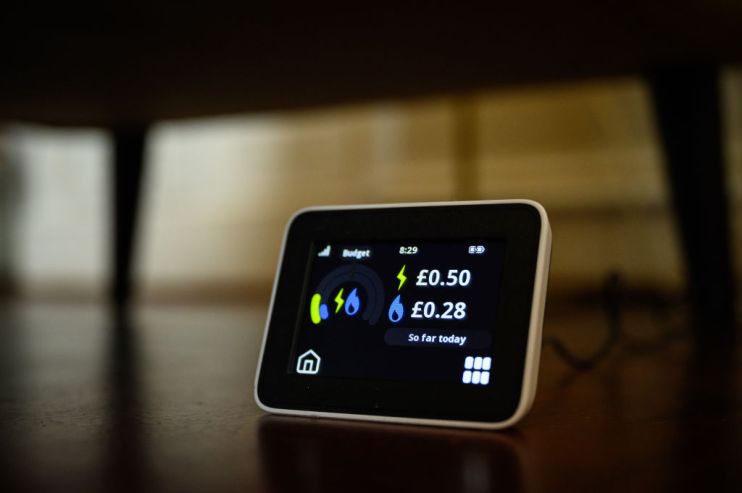Brits to face higher bills as Ofgem grapples with rising debts

Households will be on the hook for Ofgem’s plans to stabilise the energy sector, with the regulator considering a rise in energy bills to reduce the risk of suppliers going bust.
Ofgem is concerned over rising bad debt across the industry, which climbed to a whopping £2.6bn this summer – its highest ever level – due to a rise in wholesale energy prices and a cost of living squeeze on consumers.
It is now considering whether to add a one-off levy to the price cap to reduce the risk firms from unrecoverable debt, at a cost of £17 per year.
During the energy crisis, when over 30 suppliers collapsed, every energy customer was charged an extra £82 to cover the costs of ensuring that households were not cut off.
Brits are already grappling with ultra-high energy bills, with Cornwall Insight forecasting the price cap will remain roughly 60 per cent above pre-crisis levels into next year.
As it stands, the price cap is set at £1,923 per year for average use, having previously traded between £1,000-£1,200 per year.
This also follows Ofgem’s lengthy moratorium on forced prepayment installations, with the regulator set to permit their use in the industry again from next month – if suppliers sign up to beefed up terms and conditions to protect vulnerable households.
Tim Jarvis, Director General for Markets at Ofgem, said: “We know that households across the country are struggling with wider cost of living challenges, including energy, so any decision to add costs to the price cap is not one we take lightly.
“However, the scale of unrecoverable debt and the potential risk of suppliers leaving the market or going bust, which passes on even greater costs to households, means we must look at all the regulatory options available to us.
“Ofgem cannot subsidise energy or force businesses to sell it at a loss and suppliers must be in a position to offer high quality services to customers. We must consider the fairest way to maintain a stable energy market and we will do this in consultation with all our partners to ensure we are protecting the most vulnerable households.”
If approved, any increase would be delayed until the April price cap – to prevent further financial stress this winter.
The regulator has also confirmed the market stabilisation charge, which forced suppliers to compensate losing firms during customer switches, will be allowed to lapse.
It will now be wound down on its expiration date of 31 March 2024, with Ofgem eager to help competition return to the market.